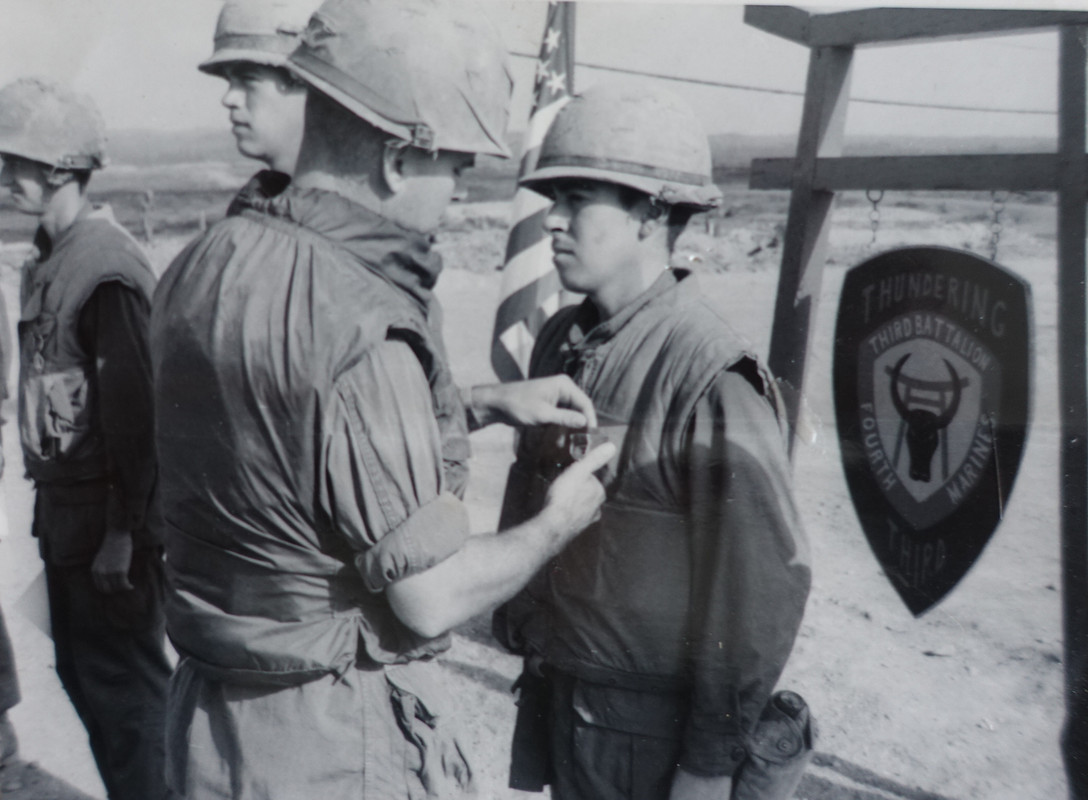Veterans
Related: About this forumArmy agrees to review thousands of 'bad paper' discharges as part of lawsuit settlement
By NIKKI WENTLING | STARS AND STRIPES
Published: November 18, 2020
The agreement is pending approval by the U.S. District Court for the District of Connecticut. It orders the Army Discharge Review Board to reconsider thousands of cases in which the board denied upgrades, despite evidence that veterans were struggling with post-traumatic stress disorder, traumatic brain injury or military sexual trauma when they separated from the military.
Andrew DeGuglielmo, an attorney in the case, said the agreement would provide “durable, long-standing relief” to veterans who were denied upgrades and those who will apply for upgrades in the future.
more:
https://www.stripes.com/news/us/army-agrees-to-review-thousands-of-bad-paper-discharges-as-part-of-lawsuit-settlement-1.652569
TomSlick
(12,294 posts)"Bad paper" discharges can cause serious problems to people who have problems enough.
soryang
(3,308 posts)marble falls
(64,704 posts)soryang
(3,308 posts)and then after active duty at the VA. I like to think saved a couple of soldiers from this problem up front but it was an institutional issue. For those that couldn't be helped say on admin discharges for misconduct, it was frustrating to just say well you can go to the discharge review board, because the process seemed so opaque. I particularly knew about the prejudice operating against vets with PTSD. This problem literally went back institutionally all the way. The earliest case of unfair treatment that i personally saw was with a Korean War combat vet.
denbot
(9,931 posts)My favorite cousin died as a result of PTSD nearly 50 years after rotating back home.
R.I.P. Lenny

Second Purple Heart; Con Tien, late ‘67
soryang
(3,308 posts)When I first worked inside the VA in DC, I learned from a wonderful senior attorney all about this issue. This was in the early 80s. Historically, many doctors inside and outside the VA didn't accept PTSD as a legitimate medical diagnosis. They referred to it as a "syndrome" and rejected it. So VA regional offices blew it off as well. Large numbers of untreated vets from the Vietnam war brought the issue high visibility. It took a concerted effort from elected officials, veterans organizations, and concerned VA attorneys and their medical advisors to turn this situation around at least with respect to PTSD. Someone could probably write a book about this subject. There were some players in the psychiatric community as well.
However, even after this the problem of untreated or undiagnosed combat veterans with PTSD acting out when re-exposed to stressors while still on active duty, (like gunfire or other triggers resulting in violence or AWOLs) or even after active duty resulting in criminal convictions for various offenses and even incarceration, still contributed to a bias not to grant them any benefits.